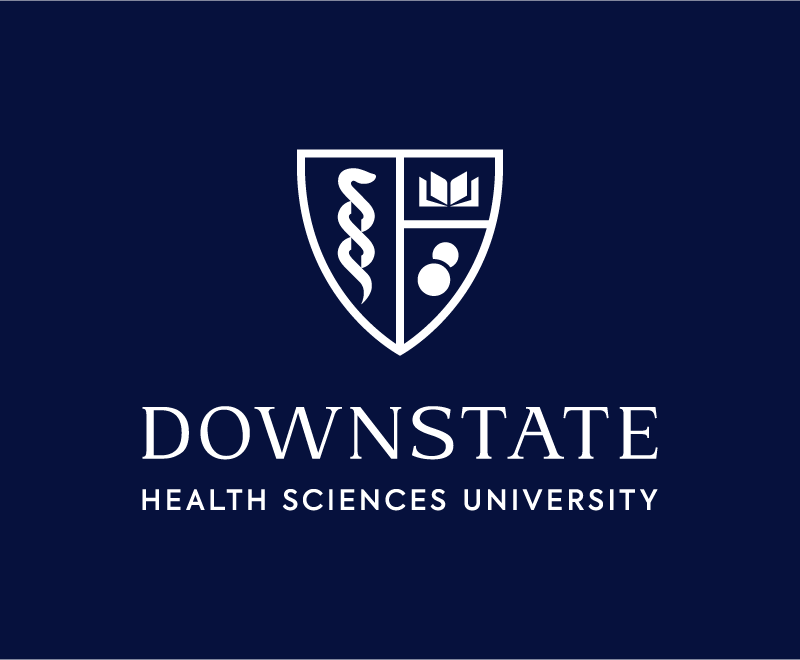Additional Information
Focus on research, not finances. Entering, full-time Ph.D. students receive full scholarships and stipends.
Search
Popular Search Resources for
With a Ph.D. in biomedical engineering, you'll lead efforts to create new materials, therapeutics, biosensors and neurotransmitters. You'll develop prosthetics, use manmade chemistry to trigger the immune system, or use wireless technology to overcome spinal injuries.
As a biomedical engineering student, you'll tap the power of both Polytechnic University and SUNY Downstate. You'll take engineering classes at Polytechnic, ranked among the nation's 10 best doctoral programs by the American Society of Engineering Education. And you'll take core biomedical science classes at Downstate, where you'll enjoy the resources of Brooklyn's only academic medical center.
In addition to integrating coursework across academic boundaries, we also integrate academic levels. It's an approach that means you'll work not just with other students, but also postdoctoral researchers, residents and faculty. So a class such as Principles of Biological Systems is taught by surgeons, who share clinical problems that call for engineering solutions.
Graduates of Downstate's biomedical engineering program are prepared to enter the world of academic science, leading laboratories performing at the highest level. Typically, graduates become post-doctoral fellows upon graduation; ultimately, they find opportunities in every corner of the science world, including lab work, consulting, teaching or entrepreneurship.
Develop new biomaterials and structures that lead to advances in biosensors, drug-delivery systems, bone screws and more.
Build on Polytechnic's strengths in wireless technology to make gains in neurorobotics, spatial learning and computational neuroscience.

SUNY Downstate's biomedical engineering program prepares you to enter academia or commercial science. Our faculty have feet in both those worlds, also. Whether you conduct research in an academic or industrial setting, our faculty are expert mentors who provide individual guidance.
In 1998, Dr. Robert F. Furchgott won the Nobel Prize in Physiology or Medicine for his work with nitric oxide. Our researchers also developed the first heart-lung machine and produced the first human images using an MRI.
Our Morse Institute for Molecular Biology and Genetics has all the tools you'll need to conduct DNA synthesis and other basic procedures. Downstate's overall research funding is more than $55 million, placing us among SUNY's top five.
BME grads are ready to pursue opportunities in both academia and private enterprise. You can gain commercial lab experience in our BioBAT incubator, where tenants drew nearly $330 million in grants last year.
Focus on research, not finances. Entering, full-time Ph.D. students receive full scholarships and stipends.